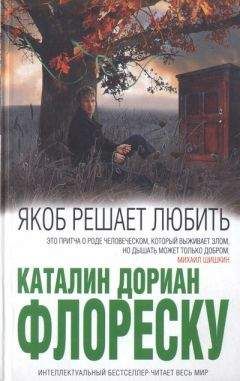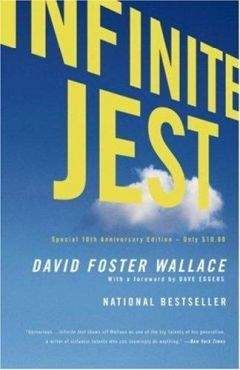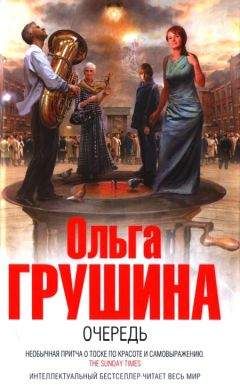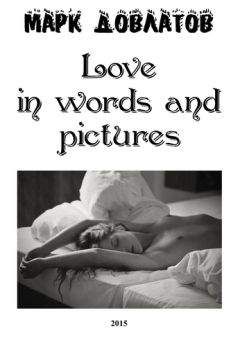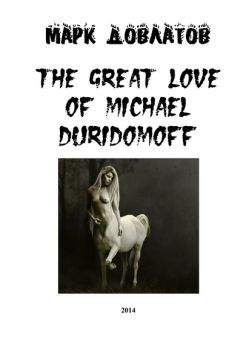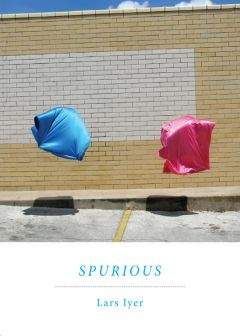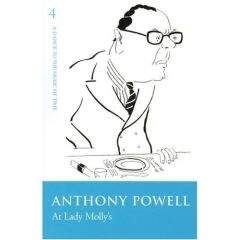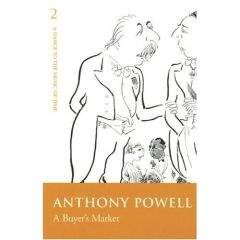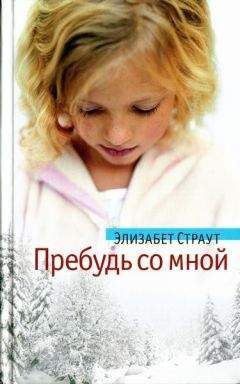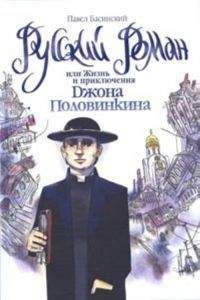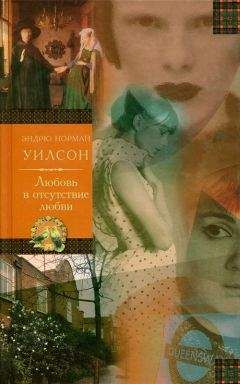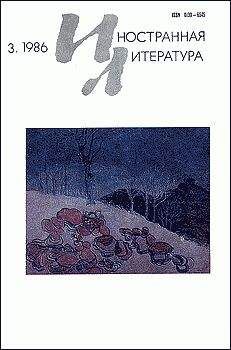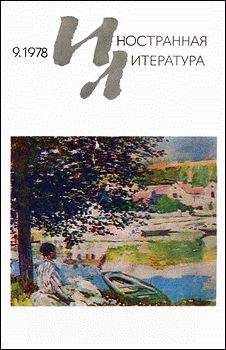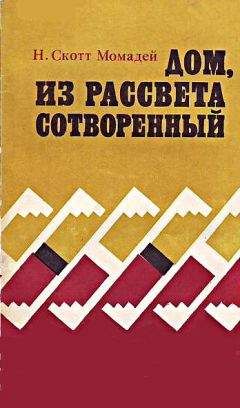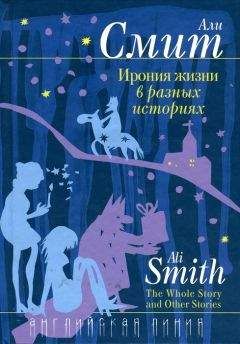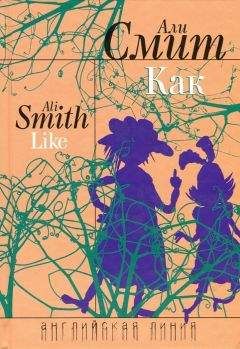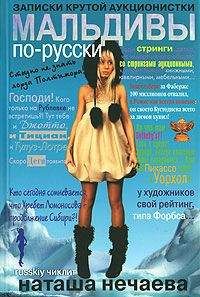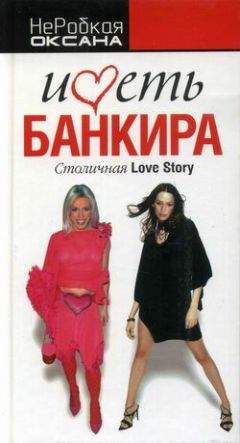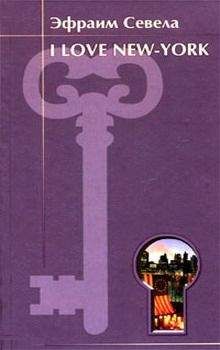Peter Carey - Oscar and Lucinda
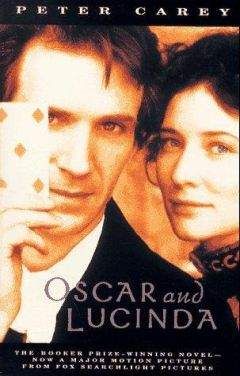
Скачивание начинается... Если скачивание не началось автоматически, пожалуйста нажмите на эту ссылку.
Жалоба
Напишите нам, и мы в срочном порядке примем меры.
Описание книги "Oscar and Lucinda"
Описание и краткое содержание "Oscar and Lucinda" читать бесплатно онлайн.
The Booker Prize-winning novel-now a major motion picture from Fox Searchlight Pictures.
This sweeping, irrepressibly inventive novel, is a romance, but a romance of the sort that could only take place in nineteenth-century Australia. For only on that sprawling continent-a haven for misfits of both the animal and human kingdoms-could a nervous Anglican minister who gambles on the instructions of the Divine become allied with a teenaged heiress who buys a glassworks to help liberate her sex. And only the prodigious imagination of Peter Carey could implicate Oscar and Lucinda in a narrative of love and commerce, religion and colonialism, that culminates in a half-mad expedition to transport a glass church across the Outback.
He was fifteen years old, nearly sixteen. His feet were tight inside his boots. His pale wrists protruded from his sleeves — they looked a foot long. He took a path-but not the one that led most directly to St Anne's. He tried not to think about what he was doing. He said a little prayer, but the words were like bricks-he placed them carefully, slowly, one after the other-to keep out the nightmare images that had leaked into his waking mind-his papa's face burning in the hellhre. He could hear the Plymouth Brethren singing. They pulled out the words like taffy pull. "Dear Lord," he prayed, "I am only fifteen."
The path forked. The left path ran down into the combe, and therefore led more or less directly to St Anne's. He took the right fork which led to Man's Nose and up on to the Downs. He looked down, watching his brown spit-and-polish boots, the red
34
Apostasy
gravel, the dead margins of the path. He thought of summer, of hawthorn white with blossom, the sloe, the maple, the guelder-rose with its snowballs, the glossy, heart-shaped leaves of bryony. He was hurt and aching for bright evenings. He saw the gentle enquiring motion of his papa's malacca cane as it blessed the pretty dog-violet, stitchwort with its thousand white stars, dog mercury, rose campion.
He thought: I will never be happy again.
He blew his nose and looked briefly, but with curiosity, at what came out. He put his handkerchief back in his pocket. The path was almost at the sea. He did not like that part of the path. He turned, and began to run down the path in the direction he had come, towards St Anne's. He took a new path. It went down through a dark coppice. There were blackbirds, like flutes, but he did not hear them. There was a thing like a dry pea rattling inside his head. The way was tangled and overgrown. He pushed through. He stamped down the thick stems of briars. His breath started to come with difficulty. He tripped and stumbled. And when he emerged on the high bank which looked down on the Reverend Mr Stratton's vegetable garden, he did not even follow this path any longer, but slid down on his backside and landed, heel first, in the shallow ditch beneath it.
He reached for the threepence in his pocket, intending to flip it. But the coin was lost. There was a tiny hole in the pocket. He stopped a second, looking at the overgrown stone wall, breathing hard.
He was caught between bank and wall. He could have edged around and found the stile, although had he done so he might have hurt himself, for the stile was ancient, its timbers rotted with the damp, unused since the time of the previous incumbent. But Oscar was too impatient in any case, and he now flung himself at the wall as a fearweak soldier may, in despair, go over the top of a trench, his body awash with urgent chemicals, teeth clenched, mouth already open in a yell. He clawed at the rock, scraping off both skin and lichen. He got a boot up, slipped, tore his trouser leg, then got a better purchase and was up on the ragged top looking down on tomato seedlings, brown soil, and brimstone butterflies. He was already launched when the Reverend Mr Stratton came running, a garden spade in his hand. The clergyman cleared the beds, one, two, three. He was fortunate his paths were wide and allowed for one long pace between. He had not run like this since sports day at Eton.
The seedlings already had their stakes in place beside them. This made a barrier the clergyman could not easily cross. He was on one
35
Oscar and Lucinda
side, the young intruder on the other. They looked at each other, both breathing hard.
"You, boy!" said Hugh Stratton.
Oscar's mouth was open. The seat of his breeches had been torn when he slid down the bank. He thought the clergyman looked like some sort of vegetable picked too long ago. He could smell the alien odour of what he knew must be alcohol. He assumed it was from the exotic ritual of the eucharist.
The clergyman walked around the tomato bed. He should not have run like that. It had made his back hurt horribly. The sciatic nerve sent a pain like toothache up both his legs, pulsed through his aching testicles, took possession of his buttocks.
"You, boy, go home to your father."
"I cannot," said Oscar, taking a step back on top of the new lettuces.
"Get off my lettuces," said Hugh Stratton. He took a step forward. This was a mistake. It forced Oscar to take another step backwards, into one more lettuce.
"I am called," said Oscar.
It was some time before he could make himself dear.
12
Mrs Stratton was not a don. She could not have been, for while the constitution of the university would permit entry to a fourteen-yearold boy (with his pocket full of string and dried-out worms) it could on no account matriculate a woman. Yet Mrs Stratton had the walk for it. Her whole body expressed her calling. She had a walk you can see today in Magpie Lane and Merton Street. The dynamics of this walk are best appreciated if you place a three-foot-high stack of reference books in your imaginary walker's extended arms. From here on it is all physics. You can resolve it with vectors-the vertical arrow
36
To Serve and to Rule
indicating the mass of the books, the horizontal one the propulsive force of the moving body. It is obvious. You can see immediately why the body of such a person tilts forward at 60° to the horizontal. It is the books, or the propensity for books that does it. And when you see the height of the stack it is also clear why such people always lift their head so high. You thought it myopia, but no-it is the height of the imaginary books they must look over. Mrs Stratton's father had been a don (but only briefly-there was controversy). He, however, did not have this walk. Her mother, of course, had never been a don, but neither did she walk with her body on the incline. The daughter, it would seem, had made her walk to suit herself. To-see her walk up the steep red lanes of Devon was to see a person out of her element. She was awkward, so awkward that no matter how much you liked her you would not invite her to play a set of tennis. She belonged in Oxford, not in Hennacombe, and yet she did not realize it. She carried with her, as she plodded in mudcaked boots up the lane, a combination of doggedness and wellmeaningness, so that when she lifted her head and jutted her long jaw at you, you could not allow yourself to feel irritation or see anything as unpleasant as stubbornness; you saw, rather, the determination to succeed in spite of any handicaps.
Her father had been a rector with a large glebe in Buckinghamshire which he had farmed himself. She had liked the farming life, all pitching in at harvest time-curate, parson (although not the dean), the tenantry and farm hands and all the young women, regardless of their rank, all with big white bonnets to protect their much-praised complexions from the sun. She liked this just as much as she liked life in the drawing room where her conversation was every bit as intellectual as was suggested by her walk. Her father was fond of saying that Betty would "make a useful wife." And although his assessment of usefulness was quite correct-her husband might have starved without her-she was an old maid of twenty-eight before the future vicar of Hennacombe came to claim her.
What had alarmed the previous young men was not her enthusiasm for the stocking at harvest, but her passion for discussion of the larger issues that beset the Anglican Church in the everwidening wake left by the Oxford Tractarians and the Wesleyan schismatics. There were those who disliked her passion because they thought theology was not a woman's business. And others still who thought her voice always a fraction too loud for the drawing room. Of these, of course, some rightly belonged in this first group, and one should also record that 37
Oscar and Lucinda
there were others who, whilst personally repelled, felt drawn to care for the owner and protect her, just as they might a blind person forever bruised by bumping into walls. But there were also young men who were fascinated by her conversation. They were not necessarily in the minority, although they tended to lack staying power, suffered a bright and fast attraction and an equally quick fatigue. These were the ones who called two or three times in quick succession, and then not at all. These were the young men who came to the conclusion that she was, although clever, quite spoiled by being argumentative and contrary, and whatever position they put up themselves Miss Cross would see it as an Aunt Sally she must quickly lay low. If her suitor took the Evangelical position she would feel herself drawn to the Latitudinarian; or she might just as easily come out in favour of Enthusiasm and the Evangelical, easily, that is, if her suitor revealed Puseyite tendencies. She was quite capable of putting a formidable argument in favour of the doubtful aspects of the Athanasian Creed and then, without bothering to trouble her friend with so large a difficulty, knock it down herself. Her father's dean, a dry old man who did not like his botany to be disturbed, likened her behaviour to that of a large and enthusiastic child who will spend five hours on building a sandcastle simply in order to knock it down again. This was unfair, and not just because the dean's mouth was prim and puckered when he told it (assuming the same drawstring pursing as when he recalled this, always, on the third brandy-the pubic hairs a famous lady novelist had left behind in the deanery bath). It was unfair because Betty Cross had no position, belonged to no party, advocated no schism, and cared only to find out what the
"truth" might be. She sought for an absolute and could not find it. She had no prejudice to anchor herself to and was as unaware of this as of her walk.
Fortunately, that is, for Hugh Stratton who was doing his Greats at Oriel in 1838. He came down to Buckinghamshire in Michaelmas terms to see his friend Downey who was playing curate to Betty Cross's father while secretly translating the early gnostic gospels. Hugh was much taken with Betty Cross and did not tire of her.
It was his opinion-and he was not shy of expressing it-that the dean's eldest daughter had presented him with vistas, with possibilities that the distinguished Fellows of Oriel-good men, famous menhad not made him aware of. He whirled before the wind of her contrary mind, spinning like a top. He was not offended by her donnish walk, the loudness of her voice, the fact that she had large hands and that they had freckles on them already. She was large-boned, but this
38
To Serve and to Rule
was not the sort of thing he noticed, either to desire or dislike. He had no eye for the physical at all and could meet you four times and still not recognize your face. It was this, a serious disability in a parson, which accounted for the uncertain smile he would bestow on total strangers, ready to broaden if responded to, snatched back if not. So he did not notice the freckles. He knew she had flaxen hair, but if he had been asked the colour of her eyes he would have had to guess. He saw her face, in memory, with that gentle formlessness, all the details made soft by feeling, with which a one-year-old is said to perceive its mother. He saw her ideas though, in profusion, like a garden. In a garden no one argues about which is the true flower, and so it was, he imagined, with her ideas and arguments. He did not see then (and did not see ever) that she would be a professional liability to him, that she would so distress succeeding deans and bishops, that the pair of them would be tucked away like two ghastly toby jugs given as a gift by a relation who may, someday, visit. The toby jugs cannot be thrown away. They must be retained, in view, but not quite in view. Hence: Hennacombe in the bishopric of Exeter. The Strattons had no children and, given the chaste nature of their embraces, had no reason to have any. They thought this a civilized arrangement. They had reached it, with relief, on their wedding night and felt no temptation to change their minds. Mrs Stratton felt no sense of loss. She was happy with almost every aspect of her life, more happy, she thought, than she had any right to be. She was forever refreshed by the countryside, the sea, the seasons. She was out and about. She had her periodicals to read and an intelligent man to talk to, but she also liked to be with country folk, and she liked to seek the opinions of warreners and shepherds, thatch cutters and farmers' boys. She was poor, of course, so much poorer than she had ever expected, but somehow this terrible thing, this most dreaded thing, had not been as she might once have imagined it. So many of the people they lived amongst were poor. The young boys hereabouts grew up wearing their older sisters' dresses and no one thought to laugh. If her husband had been happy she would have judged life perfect.
But Hugh did not like their poverty. He fretted. He would blame the Squire as a Baptist or Theophilus Hopkins who was always standing in the sea. He could be reduced to crying like a child for no more reason than a patch'of damp on the livingroom wall. He worried at the thatch, and had a tin in which he put coins that would, one day, pay the thatcher. He wrote special prayers to the Almighty in order that the Easter Offering might be substantial, that the aphids stay away
39
Oscar and Lucinda
"°m the tomatoes, the wheat not have rust. Her point was that it had ahvays been like this, that the Squire was a boor, the walls had been an" ip, etc., etc., dear Hugh, and they had survived. This was not a good argument to use. It made him worse. He took her around the n°Use pointing out new mould and new rot. By the sun-dial ("To serve arvd to rule") he lay down amongst the rank grass and wept. He begged her to give up the subscription to her Oxford and London periodicals. She would not. He ranted at her. She said she would rather eat turnip for a month, have no shoe leather and sell the horse. He said they might have to. She said nothing about the cost of sherry he would soothe himself with later.
This was the same man as represented by the symbol OC, the one who God told Oscar was his chosen servant. The emotions that moved the chosen servant were, when he at last understood Oscar's intention, far more complicated than those immediately summoned by the loss of two young lettuces.
Hugh Stratton flicked his straight fair hair back out of his eyes and Plunged his hands deep in his pocket. He made a small motion, a bob, a nod, a genuflexion. And then he turned and led the way through tr» e wide maze of garden paths, indicating his guest should beware the fallen rake, the rusting fork, the half-dug cesspit with the crum" urig edges. And while, predictably enough, one part of him was in despair that there was a new body to feed and clothe, there was another part of him in blazing triumph-he had a soul, a theological refuge. He walked fast, with long strides, and the pinched grey look on his face was made only by the pain of the sciatic nerve. He did not go to the back door or the front, but to the kitchen window through which he was accustomed to handing hens' eggs and vegetables to the c°ok. He knocked loudly and impatiently and brought Mrs Millar away from a tricky moment with the custard.
'One more for dinner, Mrs Millar," he said. He could not help himself. He smirked.
Подписывайтесь на наши страницы в социальных сетях.
Будьте в курсе последних книжных новинок, комментируйте, обсуждайте. Мы ждём Вас!
Похожие книги на "Oscar and Lucinda"
Книги похожие на "Oscar and Lucinda" читать онлайн или скачать бесплатно полные версии.
Мы рекомендуем Вам зарегистрироваться либо войти на сайт под своим именем.
Отзывы о "Peter Carey - Oscar and Lucinda"
Отзывы читателей о книге "Oscar and Lucinda", комментарии и мнения людей о произведении.





